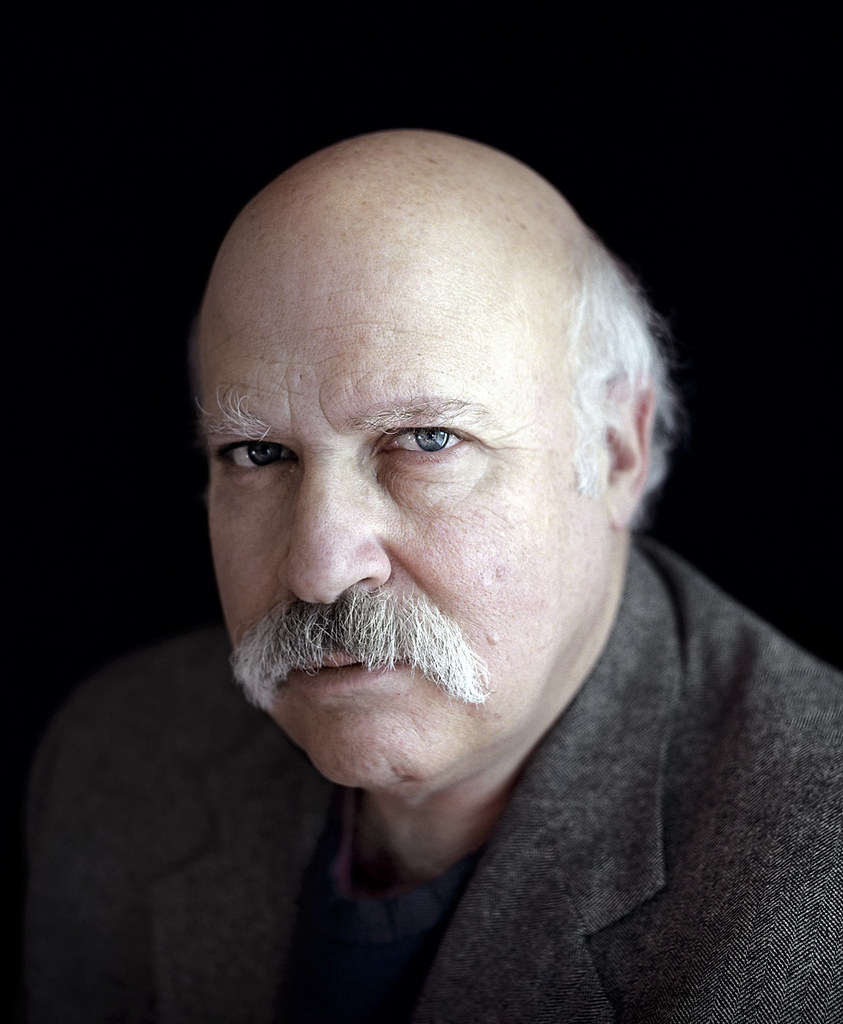The ‘Scientific Revolution’ (https://plato.stanford.edu/entries/scientific-revolutions/) cannot be thought of as occurring neatly in a certain time period. Steven Shapin (https://scholar.harvard.edu/shapin/home, and https://en.wikipedia.org/wiki/Steven_Shapin) states: ‘There was no such thing as the Scientific Revolution, and this is a book about it!’. He continues ‘There was, rather, a diverse array of cultural practices aimed at understanding explaining, and controlling the natural world.’ Our conceptual grip on the natural world continues to tighten, whilst our prediction and control over our world strengthens. Technology, the fruit of that deeper understanding, abounds. From this point of view the scientific revolution continues.
Shapin’s treatise on the currents that engendered modern science is a combination of history and philosophy of science for the interested and educated layperson, and I’ve found it considerably more readable than many of the other philosophy of science books currently available. Several puzzling aspects of the writings of 16th and 17th century scientists are put into new perspective in his section entitled ‘Science as Religion’s Handmaid’.
There are three basic sections of the book: ‘What Was Known?’ covers major differences between the new knowledge of the scientific revolution and received wisdom of the ancients. ‘How Was It Known?’ covers sources of authority (such as books or experience) and some of the experimental groundwork of major players such as Boyle and Galileo. Finally ‘What Was The Knowledge For?’ explores the interactions of the new science with the political, religious and cultural dimensions of the European society in which it was embedded. The book is enriched by illustrations, all taken from original sources.
Check if this really useful and readable book on the history of science is in stock at your local library by consulting the online catalogue at https://www.sllclibrary.co.uk/cgi-bin/spydus.exe/MSGTRN/OPAC/BSEARCH
232 pages in University of Chicago Press
First published 1996
ISBN 978-0226750200

Steven Shapin

